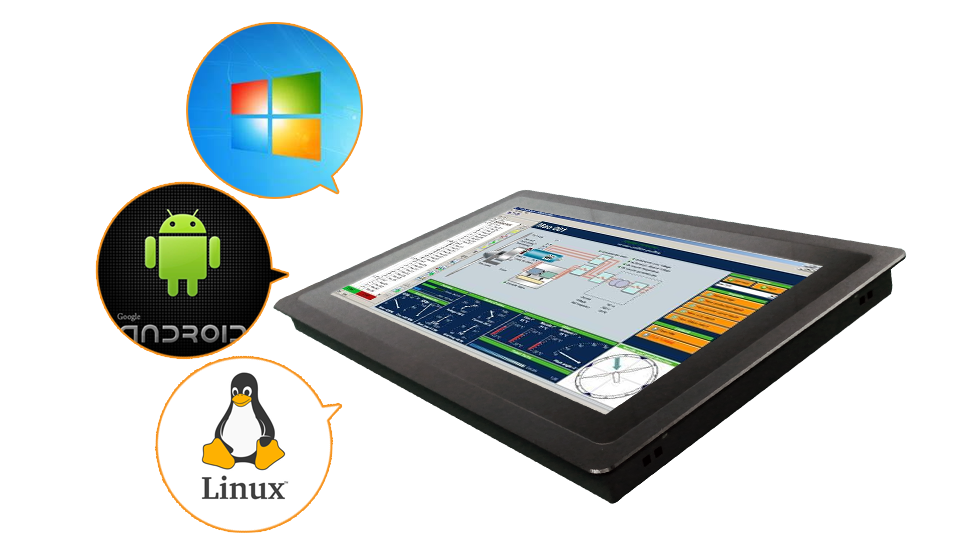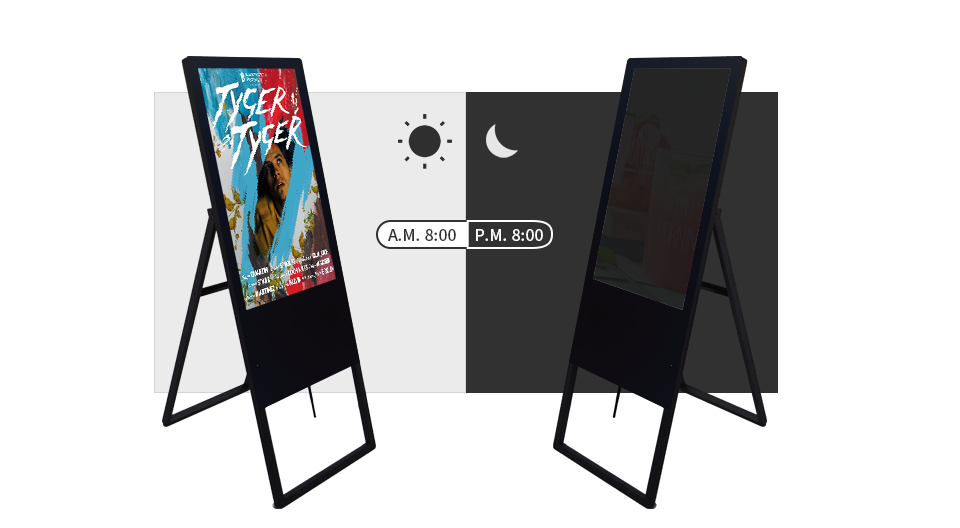Kogniz
As companies scheme ought reopen at the rouse of COVID-19, many are looking because high-tech tools ought bug the health of employees.
Some offices are installing thermal cameras, which supply a rough evaluate of people's body temperatures at genuine time and could alert bosses if an employee is running a fever.
Kogniz, a facial recognition startup, recently started adding fever detection parts ought its surveillance cameras ought compose "HealthCam," a manufacture that cofounder Daniel Putterman says is flying off the shelf.
Some privacy advocates say pairing thermal cameras with facial recognition could be invasive, cabin Putterman overcome back: "We're at a point now where if you expect ought remain completely anonymous, you can remain at home."
Visit business Insider's homepage because more stories.
As stay-at-home orders holiday ought arise along the US, companies are taking wary steps ought respond ought natural at the rouse of COVID-19 — and some are turning ought high-tech surveillance tools ought bug the health of their workers and decrease the opportunity of spreading the virus.
Offices along the US are buying thermal cameras that can rapidly investigate a mass of workers and flag if concrete employees appearance ought be running a fever at real-time. They're now at high request — Amazon reportedly spent $10 million above thermal cameras from a blacklisted Chinese corporation ought use at its warehouses and stores this month.
One facial recognition startup, Kogniz, has started adding fever detection parts ought its surveillance camera systems. The company's "HealthCam" devices that mix fever detection and AI tools are now flying off the shelf, according ought cofounder Daniel Putterman.
"We're selling a luck of them," Putterman told business Insider. "It's been similar this rolling thunder of nation realizing that this is one of the little tools that they're going ought gorge ought progress uphold ought work."
Kogniz has sold more than 100 units of its HealthCam, which starts at $7,000, ought retail chains, manufacturers, and "high tech campuses," according ought Putterman. The 25-person corporation now plans ought lease more than 20 new salespeople at the coming weeks and has secured enough microbolometers — heat-detection parts — ought catalog "many thousands of units" going forward.
"There's a dearth of availability accordingly we've taken the long-lead item," Putterman said. "It's a really, indeed steep curve."
The startup is now fielding offers from larger retailers also because latent public sector clients "all the method up ought the federal level," Putterman said.
Kogniz
Putterman says Kogniz's systems are fitted with AI that can too detect how distant apart nation are, which could aid employers enforce social distancing, and can use facial recognition ought explore individuals' movements above time ought enable employers ought hunt a worker's contacts if it turns out they're sick.
Thermal cameras aren't a improve mechanism because screening nation because a fever — they only detect the temperature of a person's skin, no their inner temperature, and typically gorge a border of error of a little degrees Fahrenheit. Kogniz is house AI ought decrease that border of error by factoring at everyone's temperature along a virgin room ought compose a baseline, and by taking readings from various parts of people's see ought compose them more reliable.
Some privacy advocates are fiercely keen of such technology, especially its latent ought be deployed at public spaces. electrical frontier basis researchers Cooper Quintin and Matthew Guariglia wrote that "a new network of surveillance cameras with dubious thermal measuring capabilities is no a mechanism we to deploy."
But Putterman is unfazed by such criticism, arguing that public health concerns outweigh the lack because privacy.
"We're at a point now where if you expect ought remain completely anonymous, you can remain at home," Putterman told business Insider. "I just don't trust that your temperature is personal information."
Read the creative thesis above business Insider





